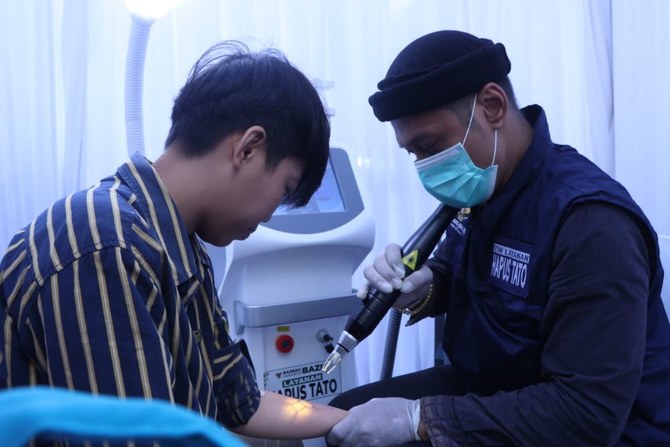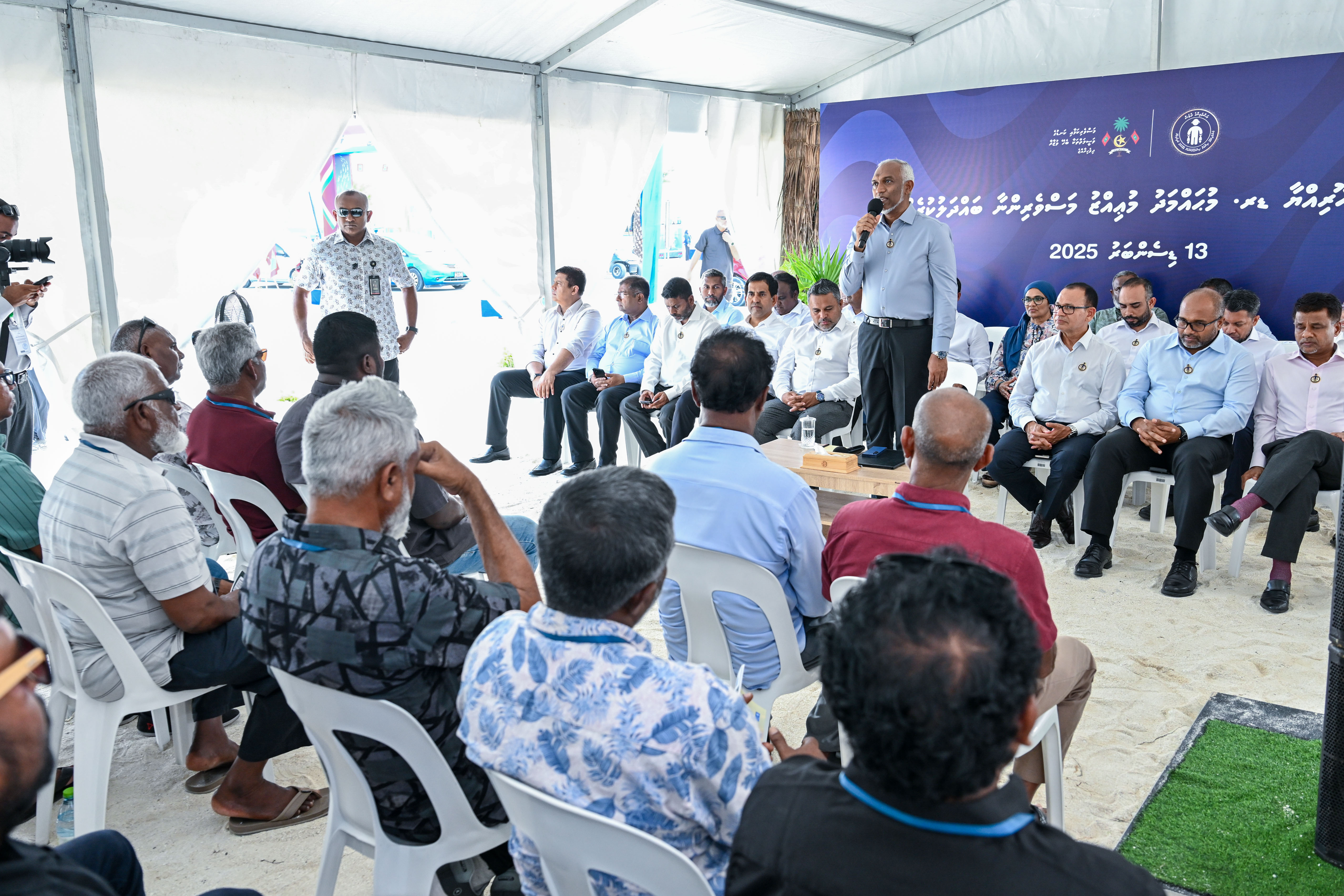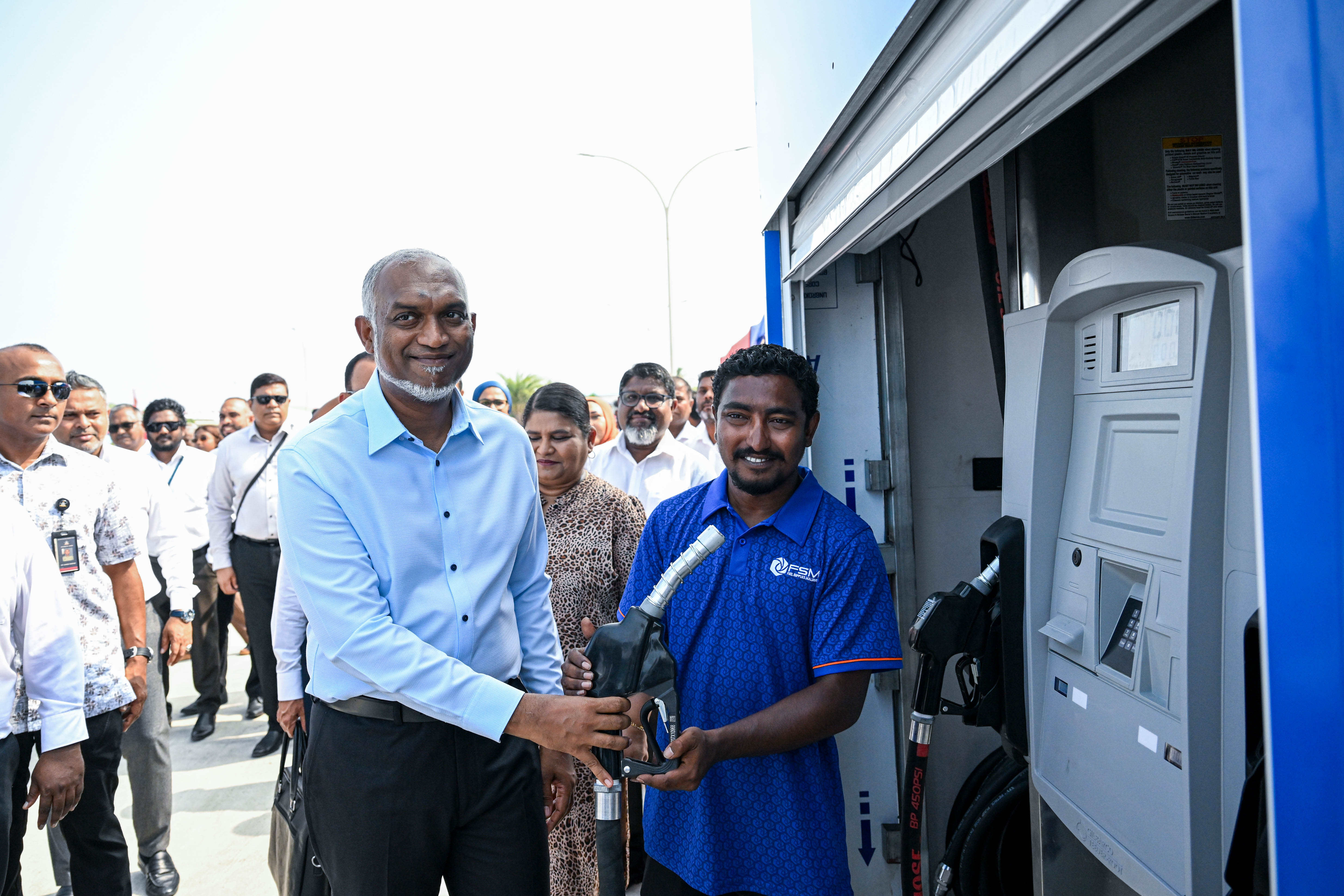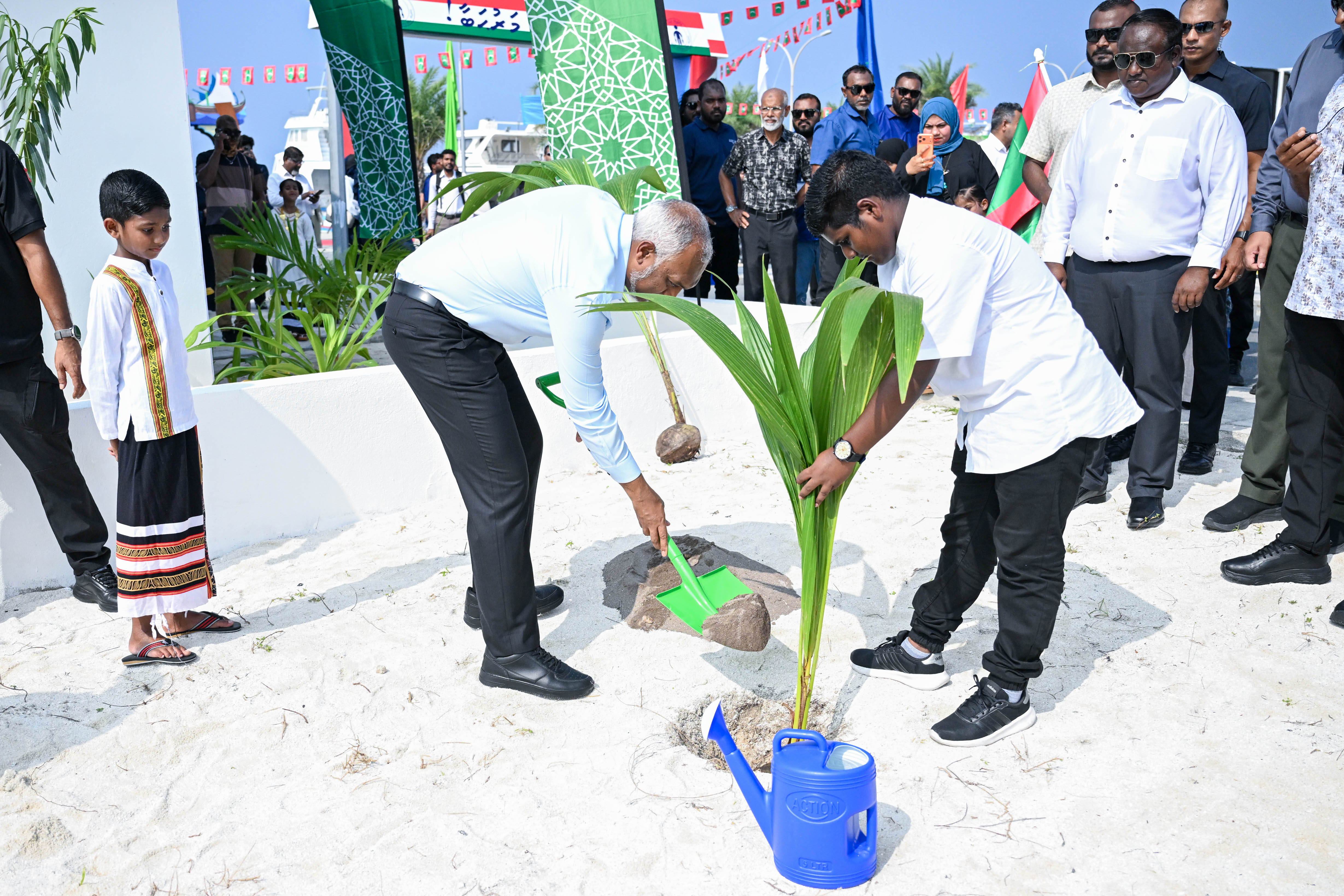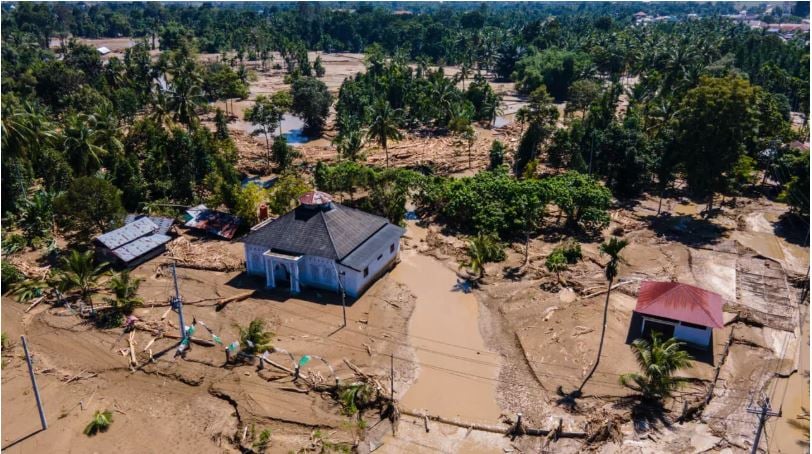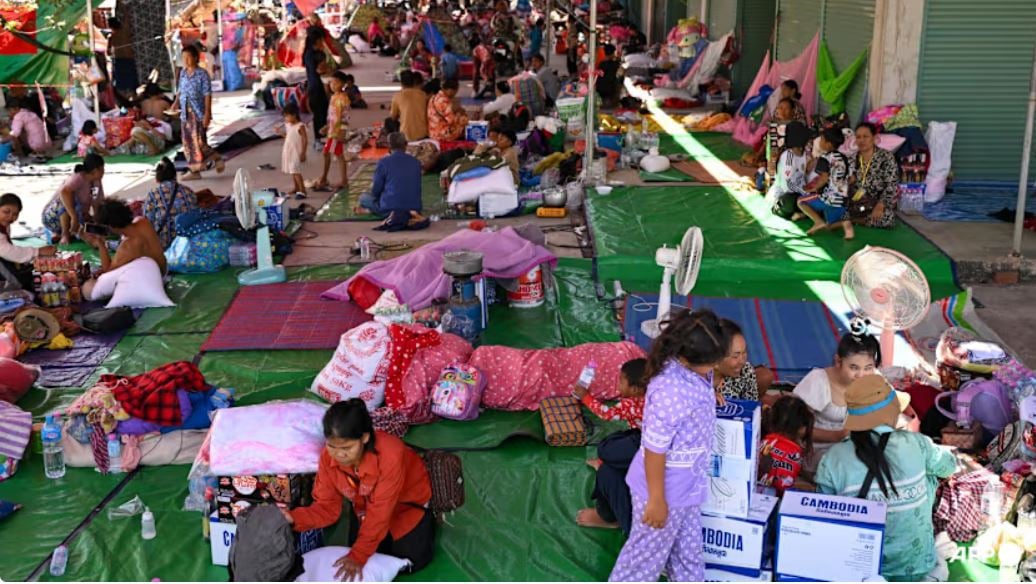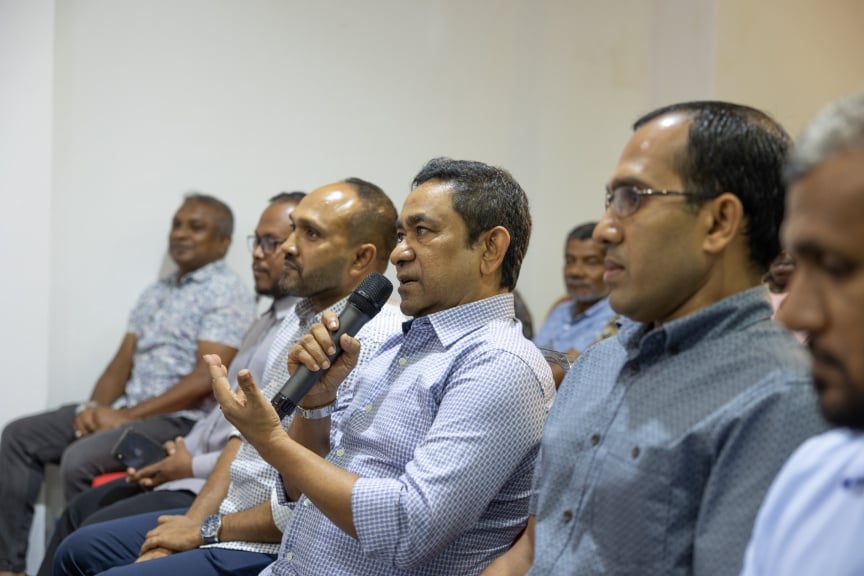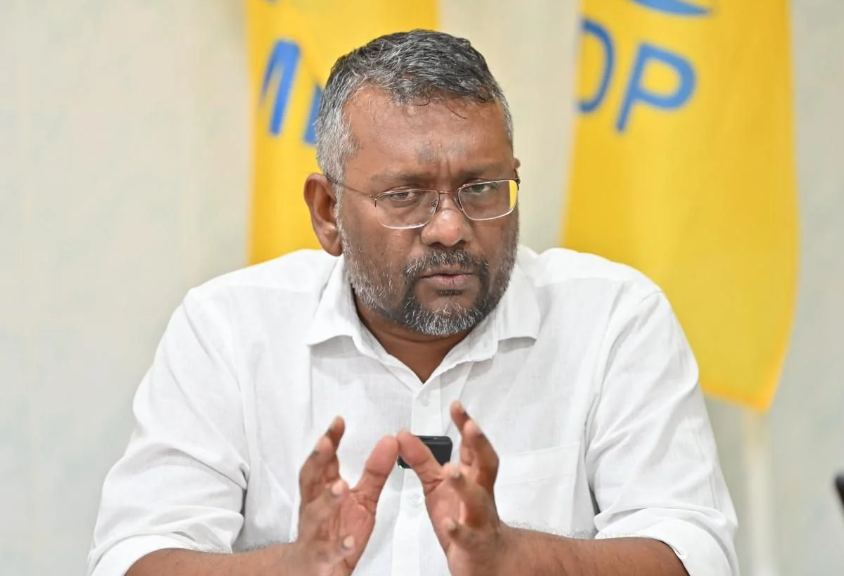In Jakarta, Indonesia, the national alms agency has launched a groundbreaking initiative to provide free tattoo removal procedures to hundreds of Muslims during the holy month of Ramadan. This program, organized in collaboration with the Islamic Medical Service, aims to support low-income communities across the city by addressing the financial barriers associated with tattoo removal.
Under the leadership of Nasir Tajang, a deputy chairman at the agency, this initiative has gained significant traction since its inception in 2021. Tajang noted a remarkable surge in interest this year, with over 600 individuals registering for the program, highlighting the strong demand among Muslims seeking to deepen their religious connections by removing tattoos.
One of the key objectives of the program is to make tattoo removal accessible to all, especially those from low-income backgrounds who may struggle to afford the costly procedures. Tajang emphasized that tattoo removal can often amount to millions of Indonesian rupiah, making it financially burdensome for many individuals.
Beyond addressing financial concerns, the program also aims to foster a message of hope and redemption. Tajang underscored the agency's commitment to supporting individuals on their spiritual journeys, regardless of their past, and providing them with an opportunity for a fresh start.
In Indonesia, where tattoos can carry negative connotations linked to a history of hardship, this initiative represents a significant step towards combating societal stigma and promoting inclusivity within Muslim communities. Through this program, the national alms agency seeks to empower individuals to embrace their religious identity and pursue a path of spiritual growth during the sacred month of Ramadan.
Under the leadership of Nasir Tajang, a deputy chairman at the agency, this initiative has gained significant traction since its inception in 2021. Tajang noted a remarkable surge in interest this year, with over 600 individuals registering for the program, highlighting the strong demand among Muslims seeking to deepen their religious connections by removing tattoos.
One of the key objectives of the program is to make tattoo removal accessible to all, especially those from low-income backgrounds who may struggle to afford the costly procedures. Tajang emphasized that tattoo removal can often amount to millions of Indonesian rupiah, making it financially burdensome for many individuals.
Beyond addressing financial concerns, the program also aims to foster a message of hope and redemption. Tajang underscored the agency's commitment to supporting individuals on their spiritual journeys, regardless of their past, and providing them with an opportunity for a fresh start.
In Indonesia, where tattoos can carry negative connotations linked to a history of hardship, this initiative represents a significant step towards combating societal stigma and promoting inclusivity within Muslim communities. Through this program, the national alms agency seeks to empower individuals to embrace their religious identity and pursue a path of spiritual growth during the sacred month of Ramadan.





